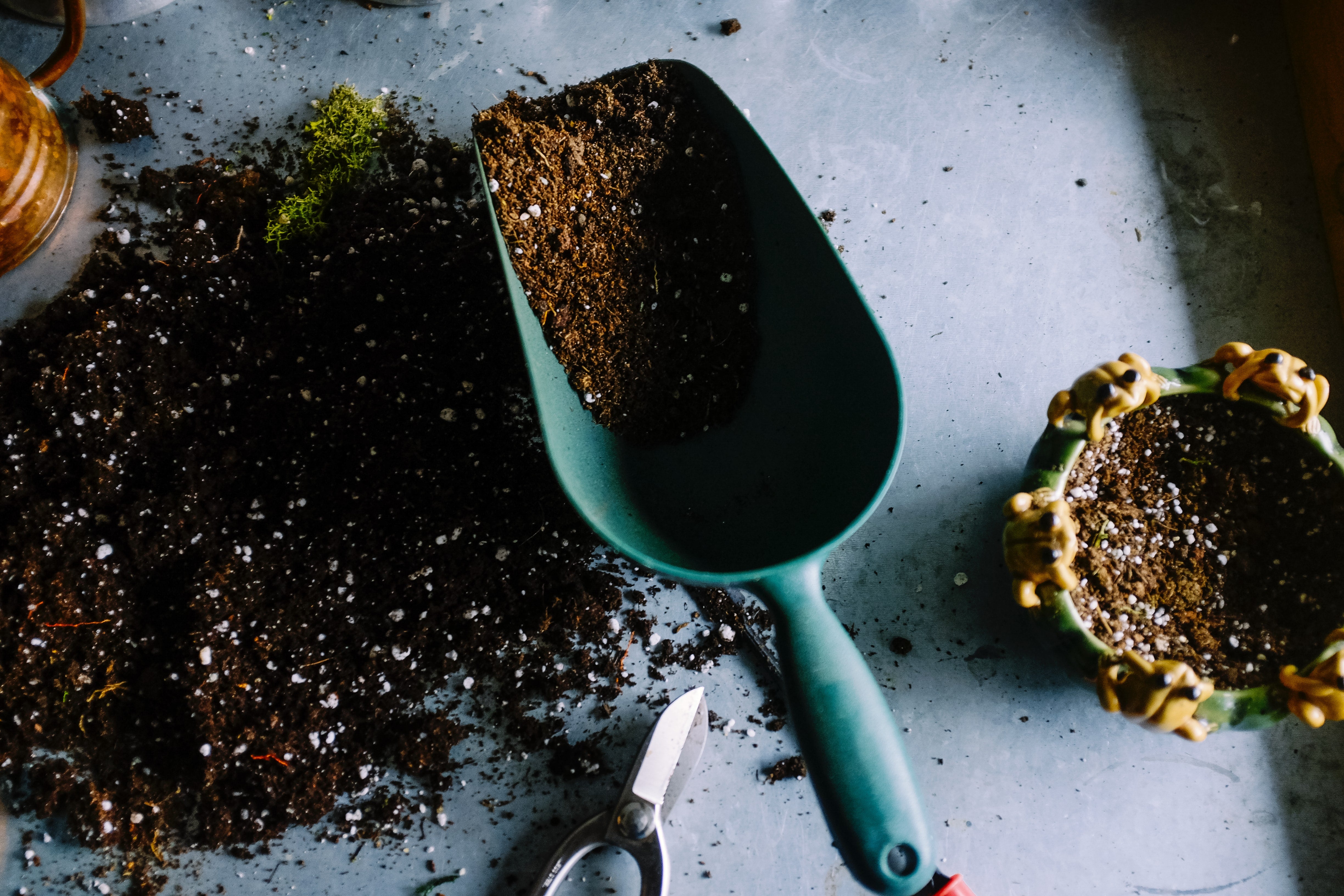
Don’t Throw It Out - How to Compost Natural Cat Litter and Bedding
Did you know that all of Healthy Pet’s products are 100% biodegradable and compostable?
Not only are we committed to making sustainable products at Healthy Pet, but we also strive to produce minimal waste.
If you are a cat parent and use okocat natural litter, if you have a hamster and use carefresh small animal bedding, or own a dog that uses Puppy Go Potty paper litter, then you can sleep better at night knowing that you are creating a smaller carbon footprint for your furry friend.
In the past when changing the litter box or cleaning out a small pet’s home, it has been common to simply toss the old litter or bedding into the trash. However, composting has recently become a great way to reduce household waste.
How do I start a home compost?
If you are interested in starting a home compost, it’s important to practice good composting standards for optimal aerobic decomposition.
This means stirring, turning, watering, checking the temperature, and covering your compost every few days. Make sure there isn’t too much of one type of organic material in your compost pile. It does take some effort but it’s well worth it in the end.

After a few months your compost will be ready to be used in your garden, and you can make it available to others needing compost. It will be fun to share how your pets helped contribute.
If you have any questions or concerns regarding composting at home, we recommend checking your local ag regulations, reading more through the tips at EPA.gov and checking your state regulations.
Can I compost poo? It depends on what type of pet.
You can compost the feces of any herbivore; bunnies, hamsters, guinea pigs, gerbils, and other small pets’ poo can all be composted along with the used wood or paper bedding like carefresh.
Here are 3 basic steps on how to compost your herbivore’s poo:
- Place the droppings and used bedding on your compost heap, add straw and mix it in.
- Allow this to sit with other compostable items, turning the compost every so often as needed this allows for proper aerobic decomposition.
- Then place the “finished” compost on gardens once the compost has been sitting for at least six months.
If you own an omnivore or carnivore (such as a cat or dog), we recommend removing the solid waste from the used litter and properly disposing with the use of a biodegradable bag. The feces of any omnivorous or carnivorous animals may contain harmful bacteria and should NOT come in contact with anything edible. After removing any solid waste, you can safely compost the rest of the litter and use it for ornamentals, flowers, shrubs or lawn after at least six months to a year.
When composting litter you will want to make sure that is made from 100% plant-based material, such as okocat. You do NOT want to compost clay, sand-based or crystal litter, as they can actually damage your soil, especially a litter with synthetic toxins.
Additionally, do not compost the waste of any animals who are ill, contagious, or taking medication, as these unwanted elements may wind up in your soil.
A word of caution: pregnant women should avoid handling cat waste under any circumstances as it sometimes carries a virus that may lead to birth defects in a fetus.
What if I don’t want to start a home compost, but don’t want to throw my excess litter or bedding into the garbage?
If you are not interested in creating your own home compost bin or don’t have the available space, you may be able to use a yard waste bin or simply bring your compostable materials to local farms or a nearby community garden. Be sure to ask first if they will accept compostable materials with pet waste and what the requirements are. Some will take it if it is in a Biodegradable Products Institute certified compostable bag.
BPI is a third-party organization that certified that every product being used will break down in its commercial composting facility.
Most waste management companies have a commercial composting facility, especially if you live in a larger town or city.
If you are struggling to locate one, we simply recommend googling “composting facilities near me”, give them a call and ask:
- If they provide a waste-management bin and the times they pick up compost
- If they do not pick up, when and how your compostable materials can be dropped off
- Any regulations of what should/should not be included in your compost materials
- The cost associated with working the yard-waste management
- Any additional benefits they provide (such as finished compost at a reduced price).
So what are you waiting for? Start composting your used Healthy Pet products today!





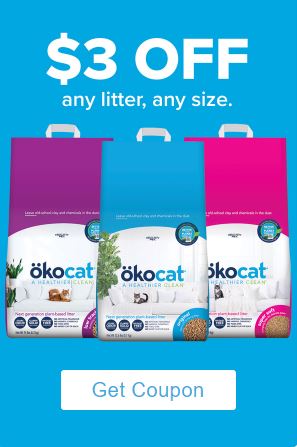
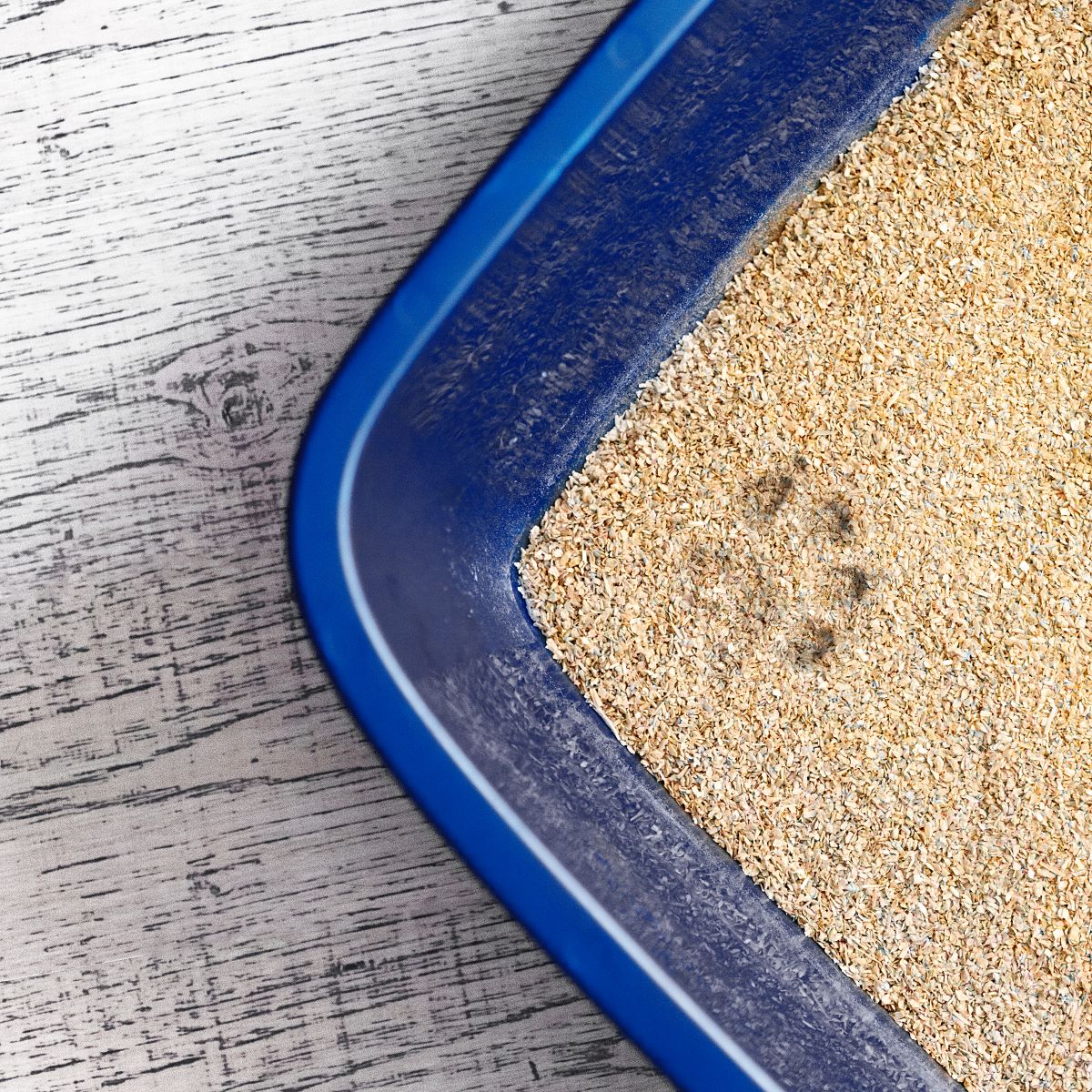
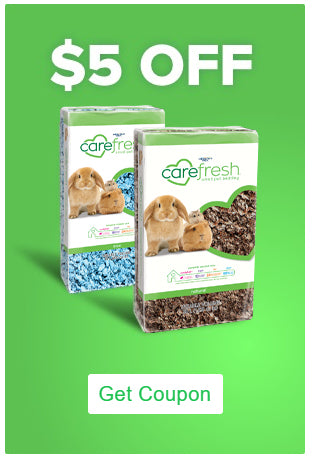
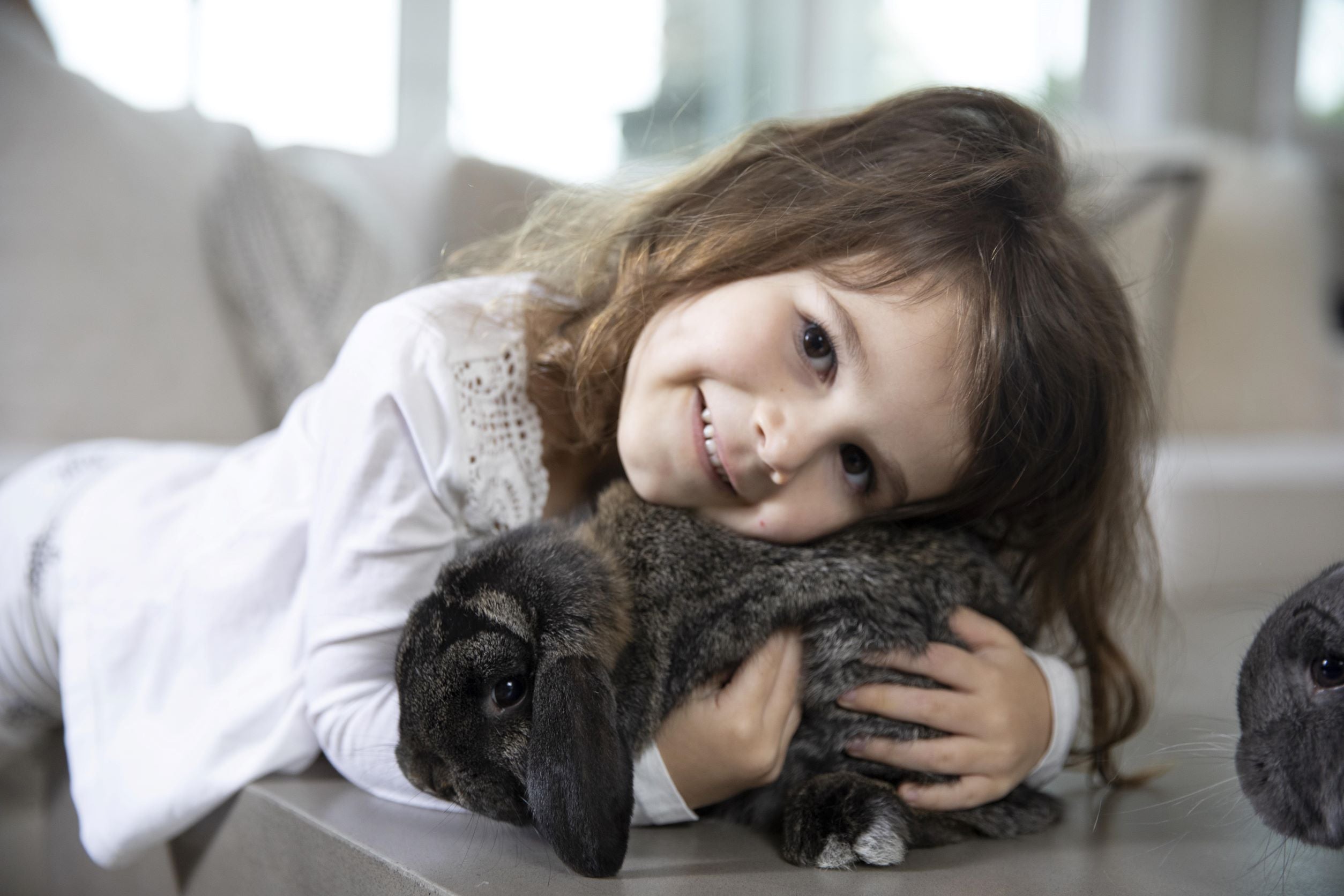
 email us
email us